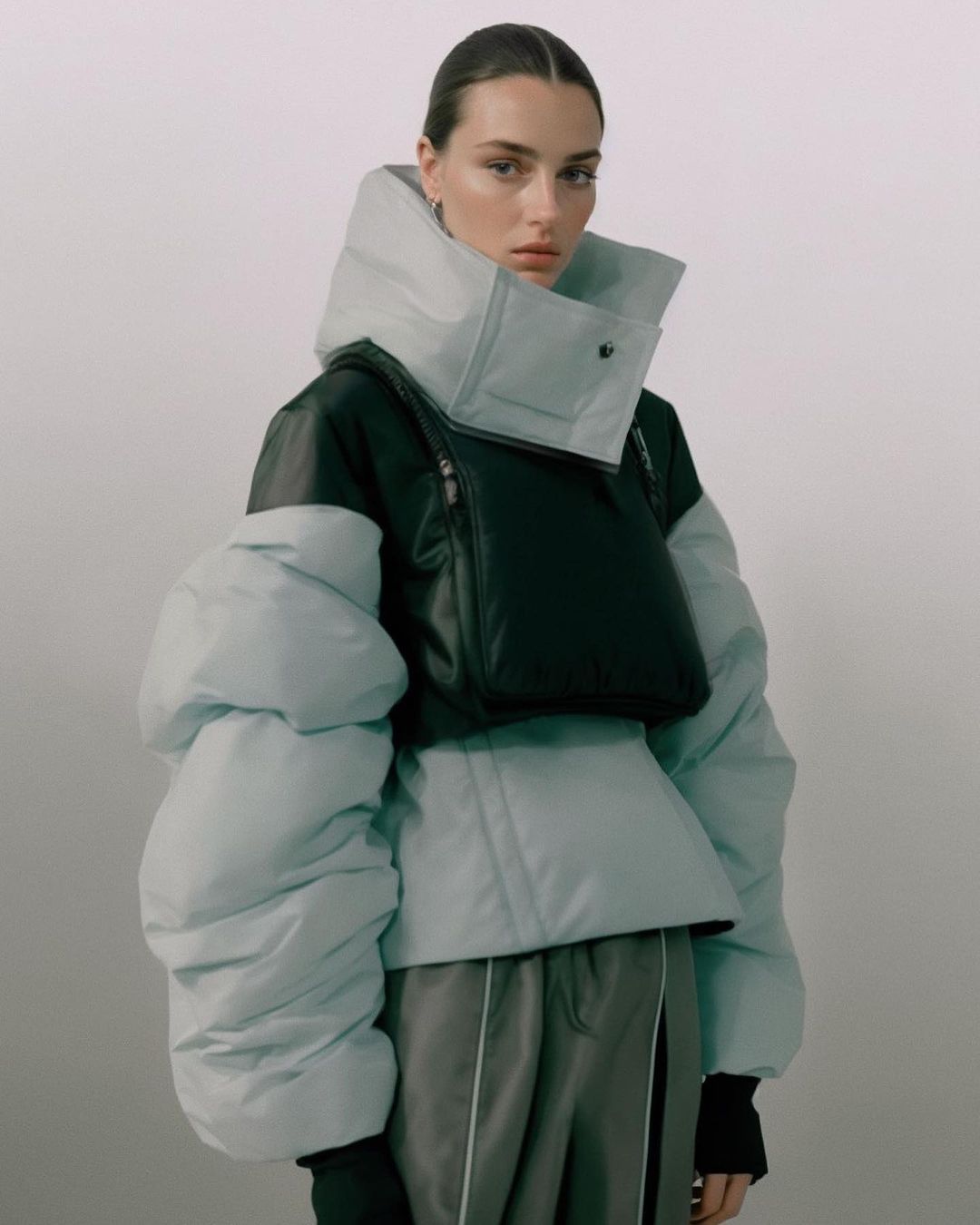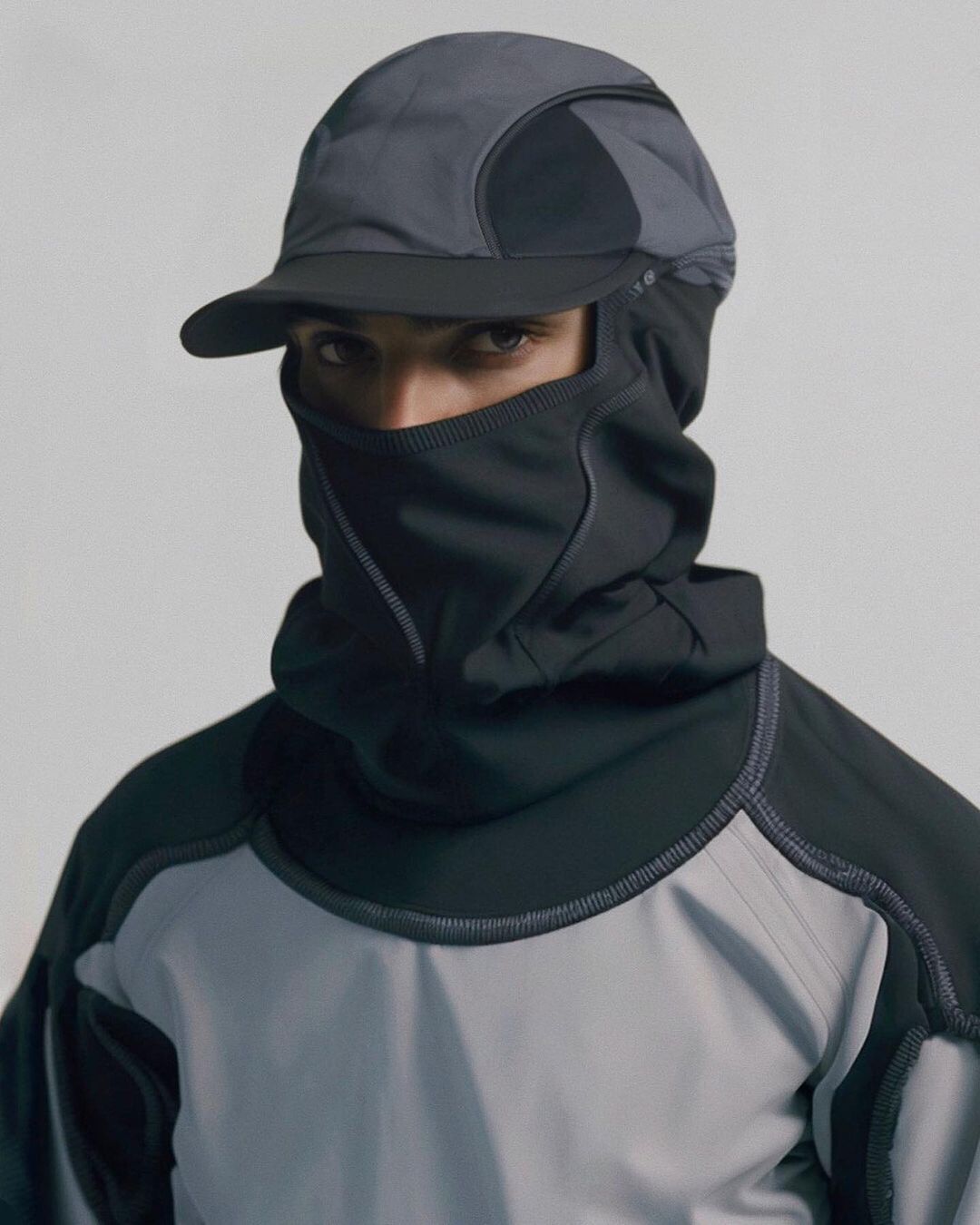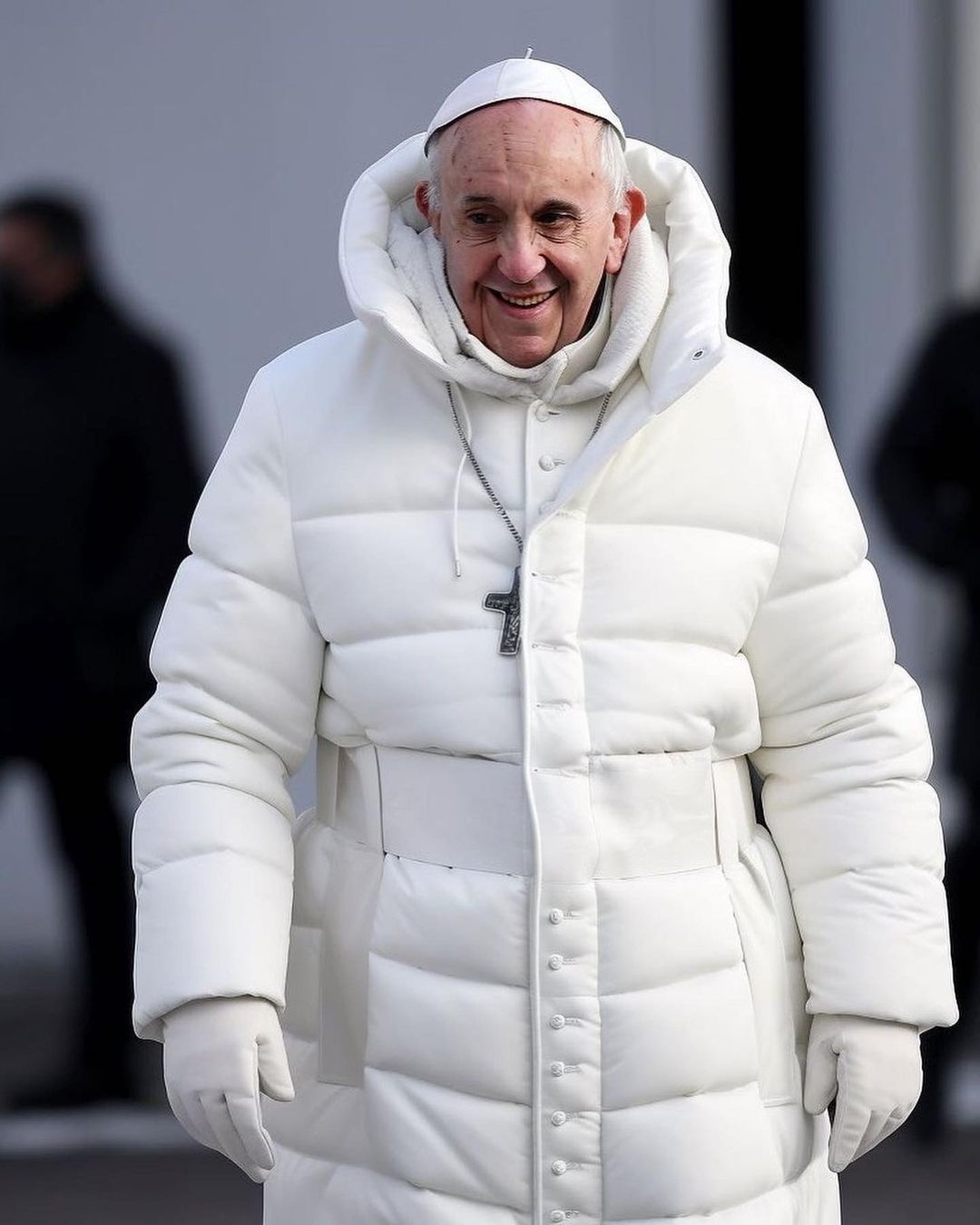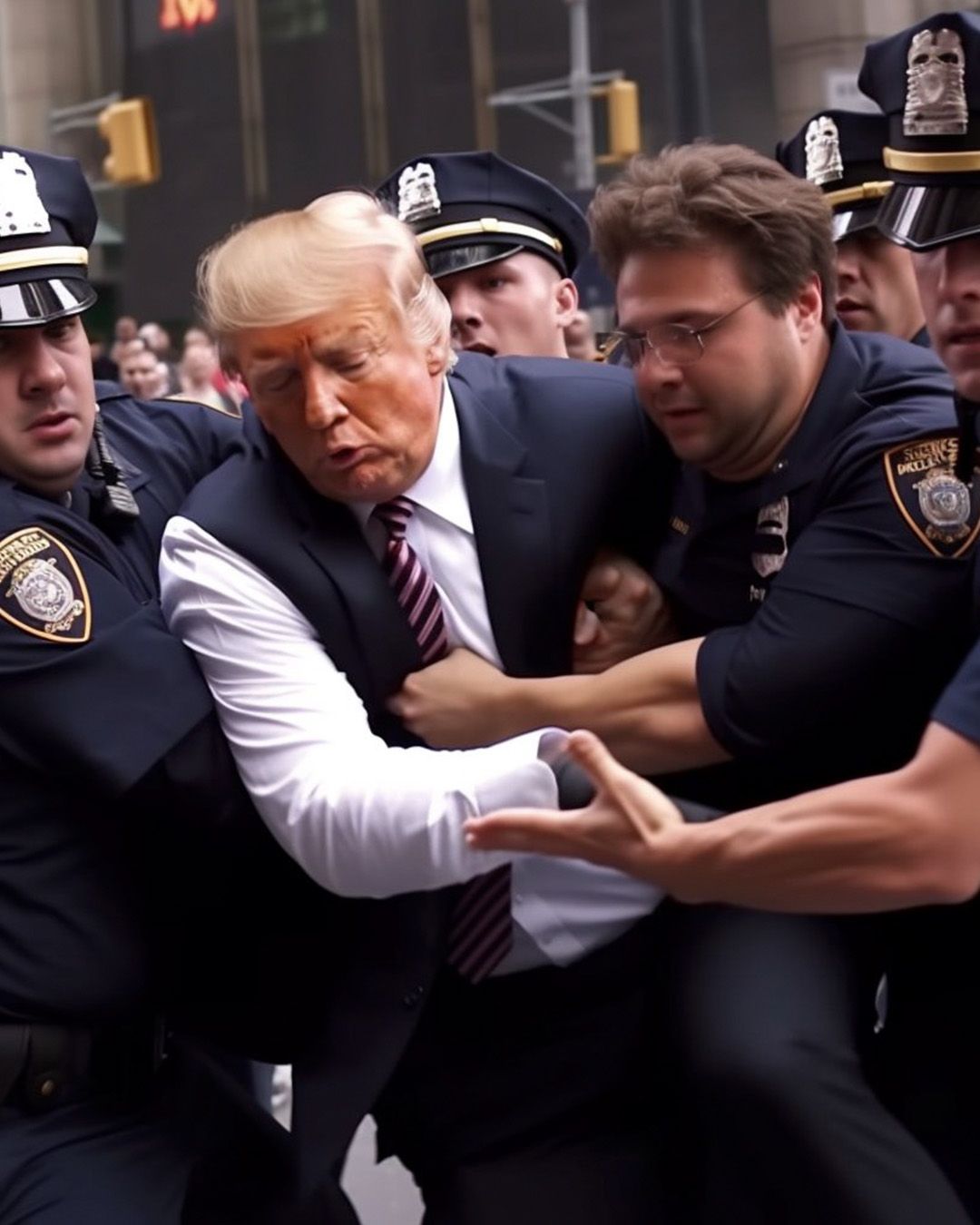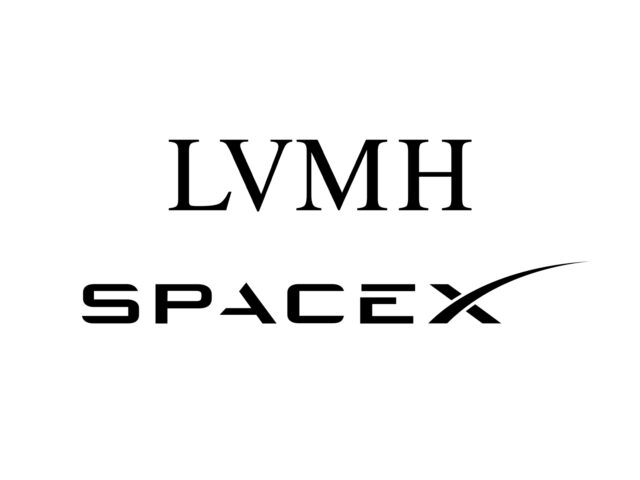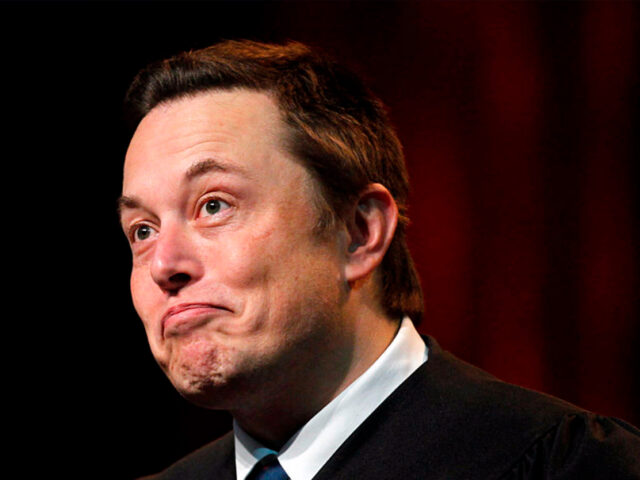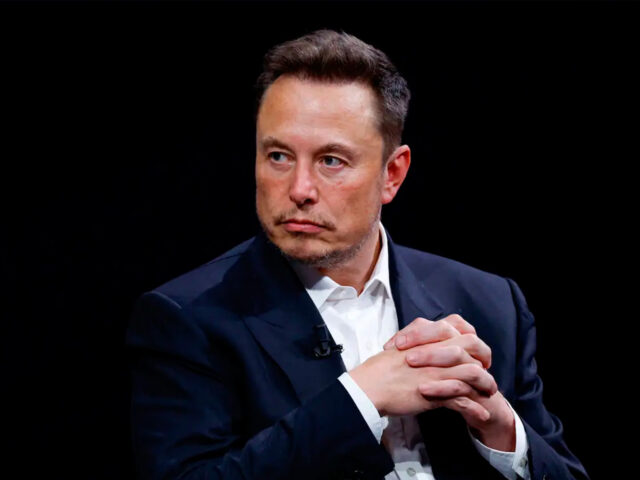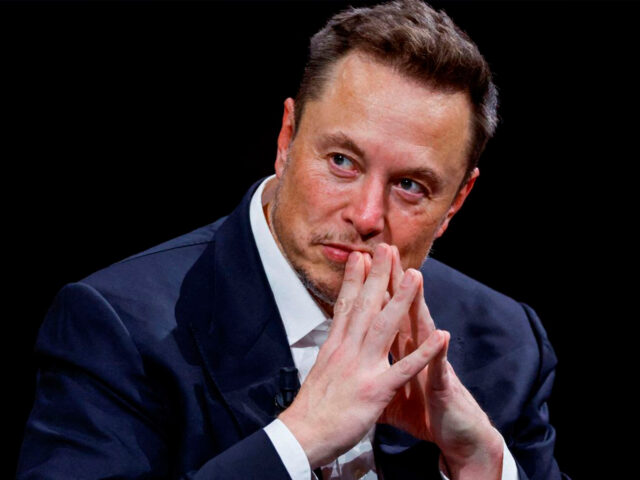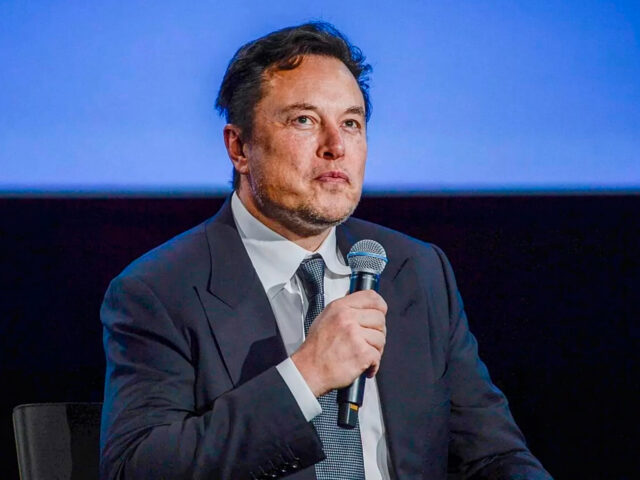In recent weeks, the issue of Artificial Intelligence has not stopped generating debate. Everyone is wondering if the advance is really being positive or it will end up eating us like worms. The business possibilities are many, and the apocalyptic theories inevitable.
While many of the brilliant minds of our time such as Stephen Hawkins or Bill Gates consider that at some point AI could decide that humans are not necessary, other theorists on the subject are positive about this advance in science that will allow the implementation of a hybrid human-machine model. Here, there is an optimization of human activity leading to a generation of new business opportunities.
But what about its real impact on fashion? The unknowns are many. With a substantial modification in the entire paradigm, from production models to distribution, the textile industry faces new challenges. In them, Artificial Intelligence is more present than ever. Some uses are already well internalized in our daily lives, such as data analysis to create personalized product recommendations, increasing sales and generating customer satisfaction.
In manufacturing processes, AI is enabling optimization to reduce waste and environmental impact. It is also being used in inventory management, helping to predict stock-related data and optimizing productivity.
Up to this point all the uses seem to have been quietly and uncontroversially implemented in our lives. Until what we know as Generative Artificial Intelligence has arrived. In design, generative AI allows us to create unique and unprecedented things. We have already seen it in brands like G-Star Raw or Levis. The ability to create impossible designs manually and, at the same time, ensure the time management of human teams is something that at first glance seems useful for an industry that is going faster and faster. Brands like New Facet, are making this their competitive advantage.
It is precisely this rapid advancement of Artificial Intelligence that is worrying major technology leaders. Among them are Elon Musk and other Silicon Valley experts, who have recently expressed their concern in this open letter. In the document they urge artificial intelligence labs to halt their development, warning that these AI tools can present “profound risks to society and humanity” if there is no optimal research and study about their uses and applications.
AI technology is making its mark, and not just in the fashion industry. From the images of Pope Francis wearing a white puffer to the fake photos of Trump’s arrest, its footprint may be questionable or, at the very least, controversial.
If we frame AI in a “human-machine” model that values human capital, it can really generate new business opportunities. It remains to be seen if AI will really leave a necessary and positive footprint or if, on the contrary, it will turn against us in the future, as Silicon Valley predicts according to the steps it is taking.
Sigue toda la información de HIGHXTAR desde Facebook, Twitter o Instagram
You may also like...
